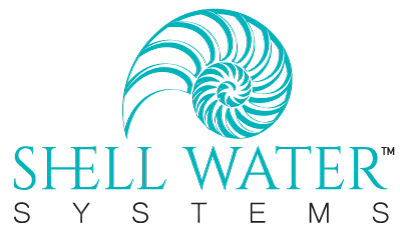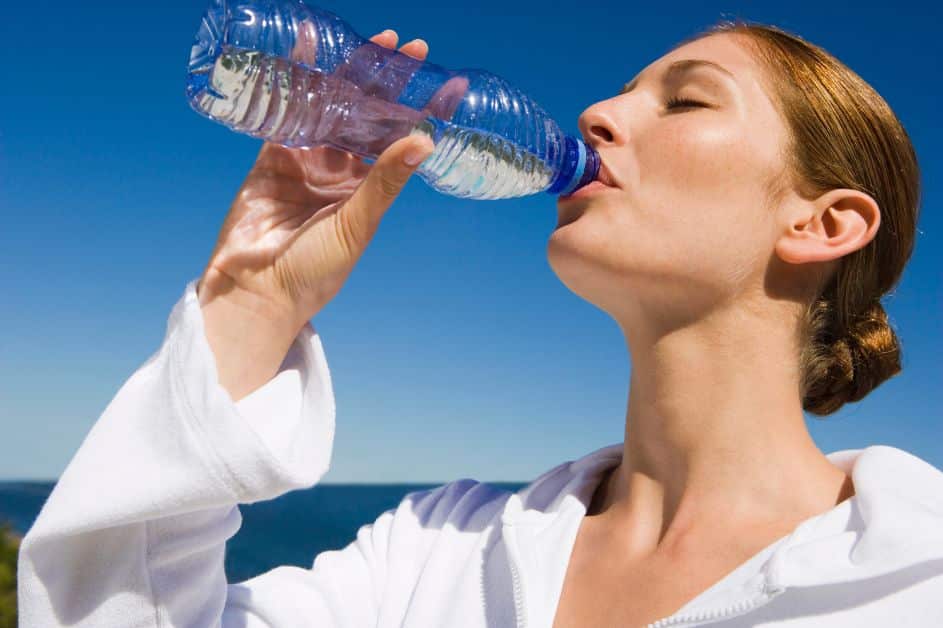Staying hydrated is crucial for maintaining overall health and well-being. Water plays a vital role in many of the body’s essential functions, including regulating body temperature, keeping joints lubricated, preventing infections, delivering nutrients to cells, and keeping organs functioning properly. Being well-hydrated also improves sleep quality, cognition, and mood.
In this article, we’ll look at the best ways to stay hydrated while also considering the environmental impact of how our water is filtered for consumption.
The popularity of bottled water has surged over the past few decades, becoming a staple in many people’s daily lives around the world. This trend is driven by its perceived convenience, taste, and the widespread availability that bottled water offers. However, the environmental cost of this convenience is significant, affecting various aspects of our ecosystem.
Popularity and Perceived Convenience
Bottled water is often seen as a convenient choice for many consumers. Its portability allows people to have access to water whether they are at work, traveling, or engaging in outdoor activities. Additionally, many consumers prefer the taste of bottled water over tap water, and there’s a common perception that bottled water is cleaner or safer than its tap counterpart. This perception, coupled with aggressive marketing by bottled water companies, has helped make bottled water a popular choice worldwide. Its availability in various sizes—from small, personal bottles to larger multi-gallon containers—further adds to its appeal, making it a versatile option for both immediate consumption and stockpiling at home.
Environmental Cost
The environmental impact of bottled water is significant and multifaceted, encompassing the production process, the use of plastics, and the transportation of bottled water.
The Production Process and Its Carbon Footprint
The production of bottled water involves extracting water, bottling it in plastic containers, and then distributing it to consumers. This process consumes large amounts of energy and resources, contributing to a significant carbon footprint. The extraction of water itself can lead to depletion of local water sources, affecting both ecosystems and local communities. Moreover, the process of manufacturing plastic bottles requires petroleum and emits a substantial amount of greenhouse gases.
The Use of Plastics and the Issue of Plastic Waste
Plastic bottles are the most visible environmental cost of bottled water. Most bottled water comes in polyethylene terephthalate (PET) bottles, which are derived from crude oil and natural gas. While PET bottles are recyclable, a significant percentage end up in landfills or as litter in natural environments, where they can take hundreds of years to decompose. This plastic pollution poses a serious threat to wildlife, marine life, and ecosystems, as animals can ingest or become entangled in plastic waste.
The Transportation of Bottled Water and Its Associated Carbon Emissions
Transporting bottled water from its source to the consumer involves the use of trucks, ships, and other forms of transportation, all of which emit carbon dioxide and other greenhouse gases. The farther the water has to travel, especially when crossing national borders, the higher the transportation emissions. This distribution network contributes to the overall carbon footprint of bottled water, making it less environmentally friendly compared to consuming locally sourced tap water through a home filtration system.
Essentially, while bottled water offers convenience and accessibility, its environmental costs are significant. The production process, reliance on plastics, and transportation emissions associated with bottled water contribute to environmental degradation, resource depletion, and climate change.
These factors prompt a growing number of consumers and organizations to advocate for more sustainable alternatives, such as using refillable water bottles and installing home water filtration systems, to reduce the environmental impact of staying hydrated.


